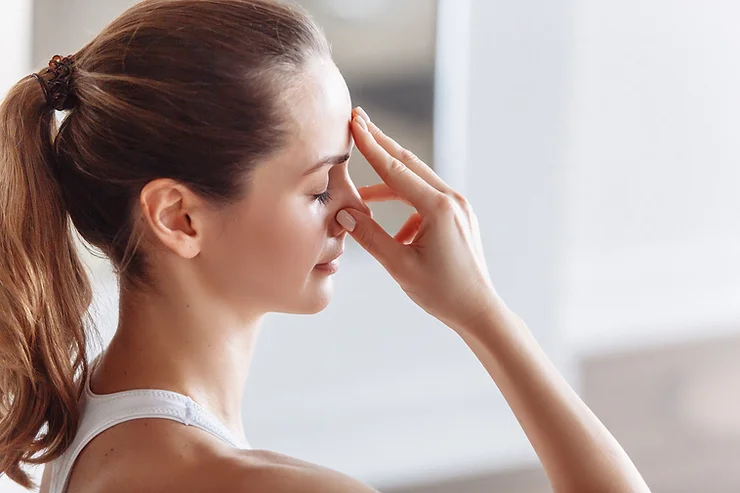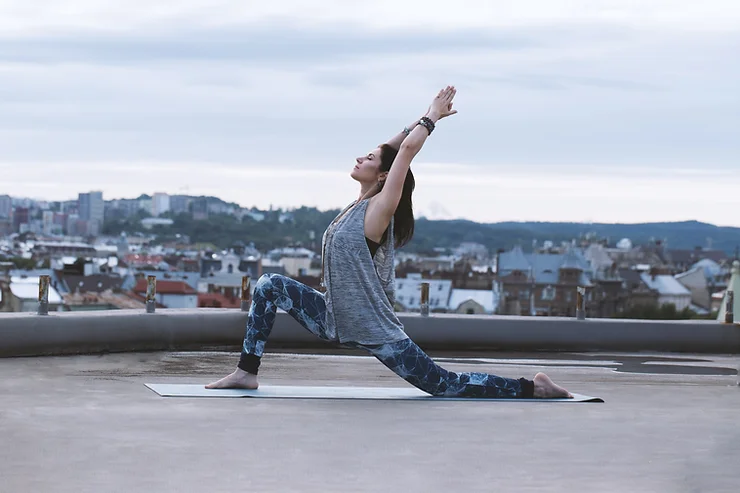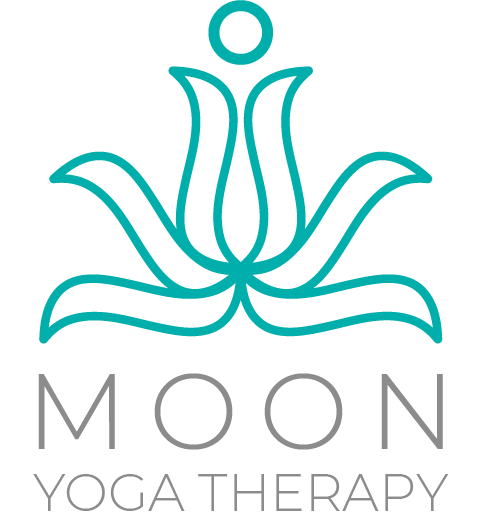The way we start our morning is crucial to set the “tempo” for the whole day.
The anxiety of a new day of work, the organization of the tasks to be accomplished, the apprehension of bad news, etc…, all this can make the morning a stressful moment that can be managed by establishing a routine.
So what routine to improve my daily life?
This question is asked to me by many of my patients who are looking for a daily routine that improves their state of mind and physical health.
Finding a routine that you adhere to daily sometimes takes a lot of time. Some are simply not “morning”, so offering a morning routine probably does not work. The idea is to establish a few minutes of routine (at any time of the day that best suits each person).
On the other hand, this experience has also shown me that chronic stress is responsible (in whole or in part) for a very large number of physical and mental dysfunctions. Chronic stress affects every organ in our body, it can increase blood pressure, can cause chronic fatigue, can impact the functioning of the digestive tract, aggravate skin problems, cause migraines, so controlling it means sparing these organs…
Here are some proposals to integrate into your daily life. It’s up to you to choose whether you want to do them in the evening or in the morning. The most important thing is to stick to it for a few days, (I advise at least a week) to really feel the positive effects.

1. Practice some breathing exercises
Breathing is not only about bringing oxygen to all our cells, wherever they are to help them do their job, but also about ridding these cells of their waste products (in the form of CO2) that they pour into the blood.
Breathing is the4th pillar of the philosophy of Yoga after the postures, and its practice is fundamental in accompanying the postures to feel their benefits.
To do this, find a quiet place, sit with your back straight, close your eyes and let yourself be carried away by your breath…

Alternate breathing (Anulom Vilom) :
It consists of placing the index and middle fingers between the two eyebrows (point of the third eye).
- Exhale first.
- Close the right nostril and inhale slowly through the left nostril.
- close the left nostril and exhale slowly with the right.
- Inhale again with the right nostril.
- Exhale with the left nostril
- Inhale with the left nostril
- Etc…

Coherence cardiac breathing:
Its impact on lower cortisol levels (stress-related hormone), depressive and anxiety disorders has been the subject of several studies.
It consists of inhaling in 5 seconds and exhaling in 5 seconds without breath retention.

2. Move :
Getting into the habit of dedicating a few minutes a day for simple daily exercises is very important.
It can be a small Yoga sequence of 5-10 minutes (I often recommend simple stretches, or for the more motivated two or four sun salutations).

3 . Keep a diary:
I always recommend the notebook because it is more intimate than a screen, you can customize it with drawings you make or photos you will paste… In addition, I find the sensory experience of writing on blank sheets of paper very interesting.

4. Program your mind… positively.
- Turn off your smartphone when you’re sleeping to avoid being constantly solicited by notifications.
- Reduce the frequency of consultation of social networks and media to avoid the “Media Stress Disorder”.
- Read a section every day (in the morning or before you fall asleep) of a book you like.
- Repeat positive phrases to yourself and be kind with yourself.
When you adopt a daily routine, you will be more resilient, better prepared to handle the stress of everyday life, you will discover the best of vous-même.et you may see your life differently.
It is a practice within everyone’s reach and costs nothing. It allows you to take care of yourself to better give attention to those you love.
Références;
- Chandla SS, Sood S, Dogra R, Das S, Shukla SK, Gupta S. Effect of short-term practice of pranayamic breathing exercises on cognition, anxiety, general well being and heart rate variability. J Indian Med Assoc. 2013 Oct;111(10):662-5. PMID: 24968492.
- Baikie, K., & Wilhelm, K. (2005). Emotional and physical health benefits of expressive writing. Advances in Psychiatric Treatment, 11(5), 338-346. doi:10.1192/apt.11.5.338
- McCraty, Rollin, and Maria A. Zayas. “Cardiac coherence, self-regulation, autonomic stability, and psychosocial well-being.” Frontiers in psychology (2014): 1090.



![Can Yoga help in humanitarian crises? [My Experience with Lifting Hands International]](https://moonyogatherapy.com/wp-content/uploads/2024/02/Can-Yoga-help-in-humanitarian-crises-My-Experience-with-Lifting-Hands-International-e1722076657104.webp)
